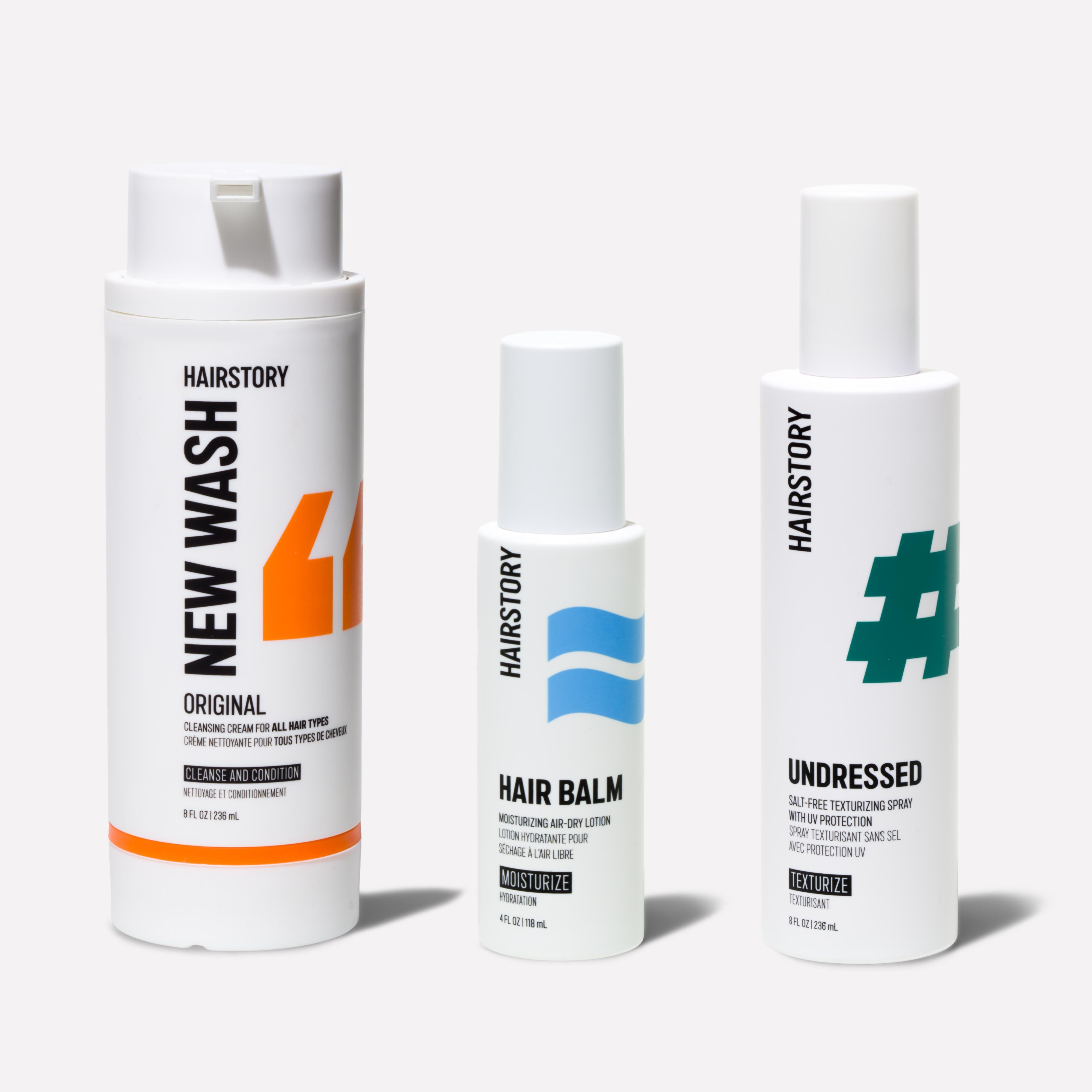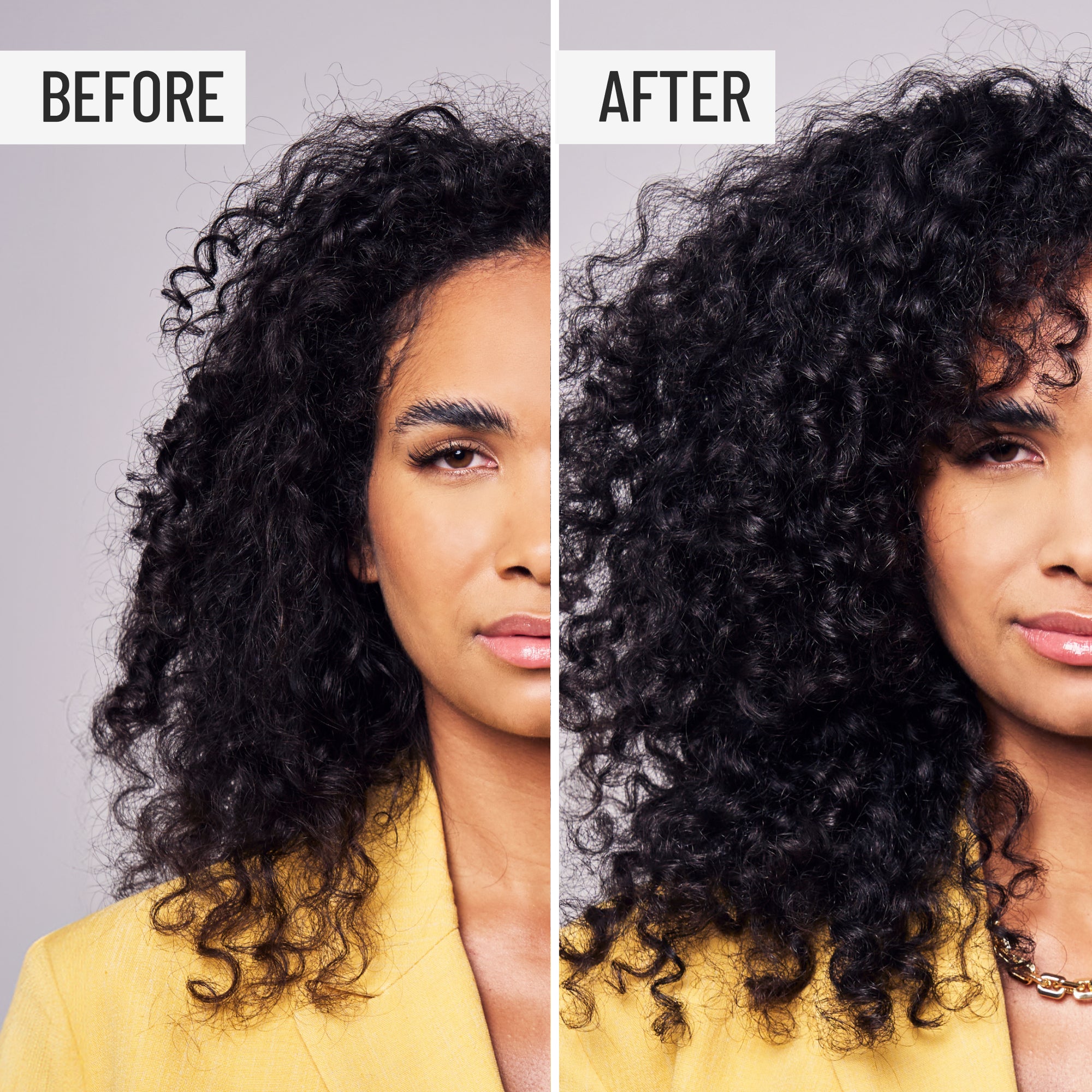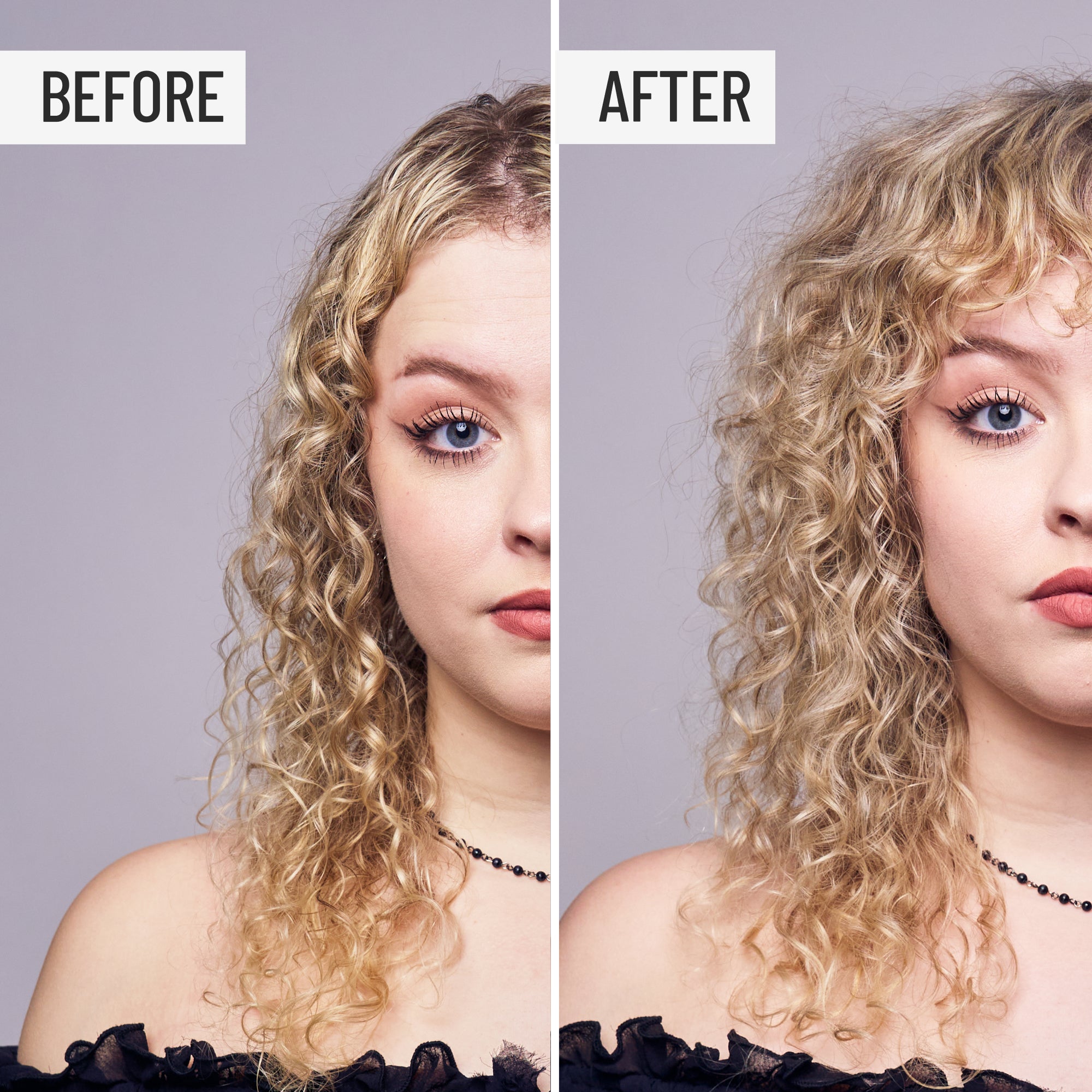At a time when workaholism is a virtue and when bragging rights go to the most overscheduled, when food is eaten too fast to taste and ‘wasting’ even a moment is frowned upon, it’s no wonder that the term ‘self-care’ is popping up all over.
It’s nothing new to yogis and wellness professionals of all modalities, but it’s also finding its way into the beauty lexicon. And why not? It’s a natural fit.
Self-care is nothing less than self-respect.
Self-care helps to protect the energy that we need in order to thrive and goes a long way in managing stress and health. When you honor your body, your vitality, grace, and luminosity are much more likely to shine. Self-care means taking time to get to know who you are and your limits. It means getting the rest you need, getting the food you need, and paying attention to what makes your body feel good. It means trusting its wisdom to tell you what it needs so you can administer antidotes to the numbing habits we’ve formed to survive in modern times.
Let’s be clear, though: We know what little free time you have is precious. You’re already trying to find an extra half-hour in your life to meditate/exercise/journal/sleep. Self-care is a state of mind as much as it is an action, and it does not necessarily require that banish other humans, light candles, put on music and shut out the world (but if you can and want to do those things, read on for indulgent suggestions). Performing daily tasks in a more mindful manner or simply making healthier choices are forms of self-care.
Start at the Top
Haircare is an investment in your confidence and happiness, and self-haircare is a simple way to repair and refresh. This is not slapping some conditioner on your head as you’re trying to race out the door in the morning. Not at all.
Your hair is an expression of who you are. It is a record of your life as it grows and were you to analyze it under a microscope, it would speak volumes about how you live, how you respond emotionally, and what you eat. To really take care of it is an act of acknowledging your past – metaphorically washing it away – and setting an intention for future growth.
A good scalp massage is a great way to ease tension and more. (Isn’t getting your hair washed the best part of going to the salon?) It also boosts blood circulation to your face and head, and to the hair follicles, which means creating optimal conditions for hair growth. Again, this doesn’t have to be an especially indulgent performance; simply choosing an indulgent product such as New Wash is an act of self-care because it is doing the right thing for your hair and scalp. And because it behaves so much differently than shampoo, it forces you to work a little harder when washing, and do it more consciously. And adding our shower scalp massage brush to your wash routine amps up the pleasure factor.
A good scalp massage is a great way to ease tension and more. (Isn’t getting your hair washed the best part of going to the salon?) It also boosts blood circulation to your face and head, and to the hair follicles, which means creating optimal conditions for hair growth.
As they have for thousands of years, Indian women keep their hair thick and lustrous with aromatic oils made from coconuts, herbs, flowers, and spices that are also used to ward off colds and flu, relieve headaches, cool the body in hot weather, and soothe jangled nerves. Rubbing warm oil into an area as sensitive as the scalp also calms the overstimulated mind.
Oils? Essential!
There are many oils to choose from: Coconut, Hazelnut, Walnut, Sesame – or Monoi for a tropical vibe. Peppermint oil helps to improve circulation and acts as a natural cleanser. Tea Tree or Chamomile oil helps soothe an inflamed or itchy scalp (but don’t use Tea Tree or Peppermint oil straight up; dilute it in a neutral oil first). Lemon oil helps to manage of dandruff. Almond and Castor oil are said to help promote hair growth.
First, brush your hair thoroughly and wash out any products. Then, warm several tablespoons of oil in a metal spoon over a flame or in the microwave for a few seconds. Since the scalp is more sensitive to temperature than other areas of the body, test a few drops on your inner arm.
Now bring your attention to the area just forward of the crown of your head. Imagine a current of energy funneling down from the heavens into this point, through your skull, down your neck, branching out to your shoulders, down your arms, and through your hands. Now, bring your attention to your hands, your most valuable healing instrument. Imagine them as wands of energy emanating from each finger and palm.
Pour some warm oil into one palm. Notice the temperature, consistency, and aroma. Spread it through both hands and between fingers (smooth those cuticles while you’re at it) and rub your hands together briskly to generate some heat. Place your thumbs at your temples with fingers resting from crown to forehead along the center of your skull. Using some pressure, rake your fingers down toward your ears as if splitting open a ripe peach or plum at the seam. Let the oil begin to bathe your scalp and hair. Keep massaging this way from forehead to nape and back again.
Then, as you smooth oil through the length of your hair to condition it, massage your scalp with a rhythmic pinching motion; bring the fingertips and thumbs together, then release. Explore your entire skull. When you encounter sensitive spots, resist the urge to avoid them; these are points that are telling you something, so focus your touch there and exert even more pressure. Be conscious of directing the energy like lasers through your fingers.
Remember to breathe! Something that simple can change the way our bodies feel and function. Deliberately take deep, full breaths. Notice your mind, your body, and your sensations. Try adding an emphasis on the exhale. As more oxygen finds its way into the bloodstream we create a context for the body to feel more.
Tips for Taps
Tapping is a technique that is growing in popularity as a way to reset the human nervous system, but again, it’s hardly new. It has been a part of self-care practices such as Qi Gong (“energy work”) in China for eons. The theory is that the body responds to rhythmic stimuli – the heart is our baseline, after all – and tapping can stimulate lymphatic activity and harmonize the flow of energy. Touch your scalp with your fingertips and tap gently in a relatively fast rhythm all over the head, nape, brows, and jaw.
Now, locate the dimples in your skull, just behind the top of your ears. Apply pressure to the dimples for a few seconds, then release. Repeat three times. Apply gentle but firm pressure to the occipital hollows at the base of your skull where it meets the uppermost section of the neck. Cup both your hands under your nape; lift your head and neck gently and slowly roll to the left; hold for a second or two, and release. Repeat to the right. Remember to do all this as gently as possible so you don’t damage your hair by stretching it while wet.
Include your neck and shoulders too – highly recommended for those of us glued to their desktops and smartphones.
When you’re tingling with pleasure and all those hormones are doing their happy dance, gently wash your hair and towel most of the water out. (And please don’t ruin the whole experience with detergent.)
When you’re tingling with pleasure and all those hormones are doing their happy dance, gently wash your hair and towel most of the water out. (And please don’t ruin the whole experience with detergent. Naturally, we recommend New Wash.) Wrap yourself in the softest possible robe, then let your hair dry naturally and notice how it feels in your hands and against your skin. Appreciate the silkiness, the drape. Luxuriate in your freshly-bathed self. Now, how about oiling the rest of your body? Post-shower is the best time!
Perform this mindful act of kindness Before bedtime. Japanese people take nightly baths at home to relax, always showering outside before entering a tub filled only with chin-deep hot water. The purpose isn’t getting clean, but relaxing the body and mind before sleeping.
Wrapping Up
You can leave the oil in your hair for an overnight treatment, wrapped in a scarf or tee. Or, if you can, head to a local steam room, sauna or bathhouse and spend time in and out of heat and steam to help the oil absorb deeply into hair, scalp, and roots. The steam room is also a great place for New Wash; it melts into your hair and is effectively a hot oil treatment.
Having a well-cared-for body can make you feel good about yourself and your life, and conveys to others that you value yourself. And, taking time to care for yourself regularly can make you a better caretaker for others.
While self-pampering isn’t as critical to your health as a nutritious diet and exercise (although proper nutrition is key to healthy hair), it can trigger the relaxation response, the opposite of the body’s stress response – your “off-switch” to the body’s tendency toward fight-or-flight mode. It helps to achieve a state of physiological relaxation, where blood pressure, heart rate, digestive functioning, and hormonal levels return to a normal state.
Having a well-cared-for body can make you feel good about yourself and your life, and conveys to others that you value yourself. And, taking time to care for yourself regularly can make you a better caretaker for others.
Now, look at yourself in the mirror. Make eye contact and say “I am beautiful” out loud 3 times. Say it like you mean it – because the truth is that nobody loves you better.































